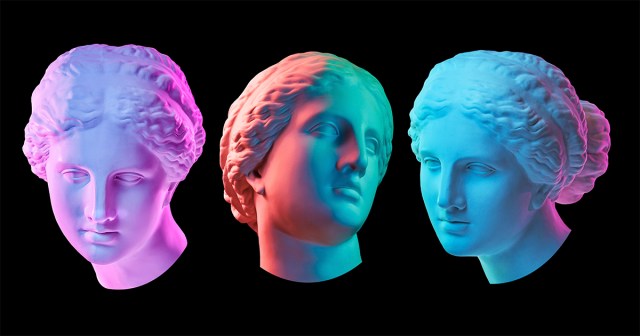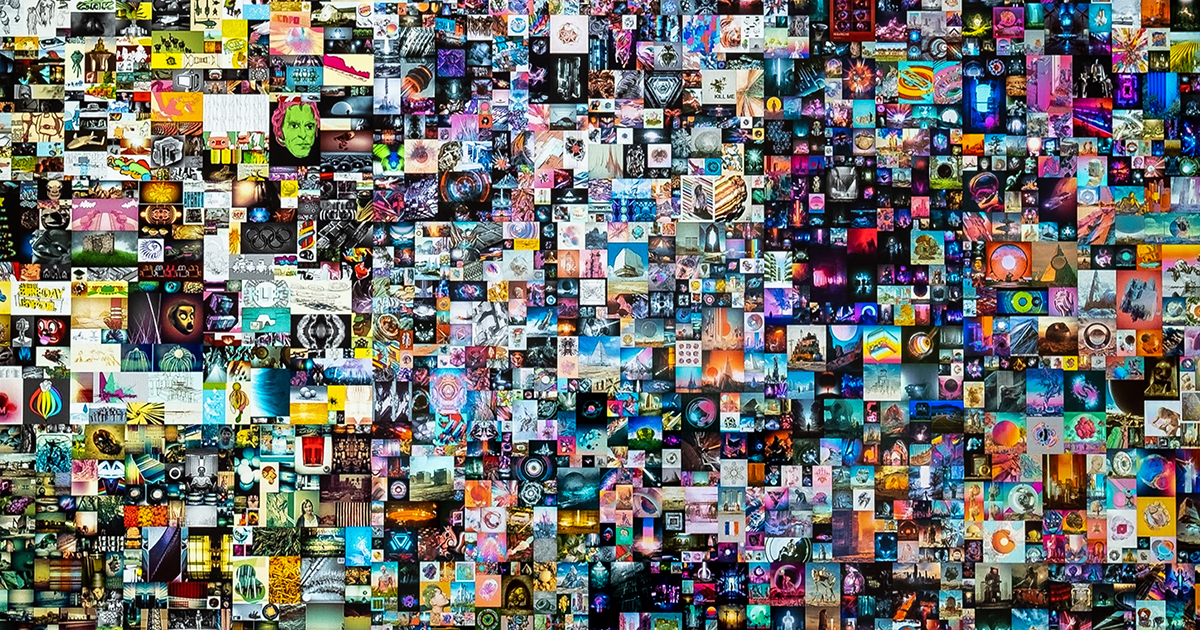
A new bill on copyright law is being introduced to Congress and those who support creators aren’t happy about it. To some it upholds Big Media — with Disney being explicitly called out — versus the bottom-up creator economy.
The “Strengthening Measures to Advance Rights Technologies (SMART) Copyright Act of 2022” forces every digital platform or website that allows for user-generated, uploaded content to use content monitoring software designated by the Copyright Office to avoid facing copyright infringement claims.
Those opposing the bill include Public Knowledge, a group saying it promotes freedom of expression, an open internet, and access to affordable communications tools and creative works.
“This bill is the latest example of legislation that threatens the vibrant, open, and innovative internet in the name of intellectual property protection,” Nicholas Garcia, Policy Counsel for Public Knowledge, said in a statement.
CRUSHING IT IN THE CREATOR ECONOMY:
The cultural impact a creator has is already surpassing that of traditional media, but there’s still a stark imbalance of power between proprietary platforms and the creators who use them. Discover what it takes to stay ahead of the game with these fresh insights hand-picked from the NAB Amplify archives:
- The Developer’s Role in Building the Creator Economy Is More Important Than You Think
- How Social Platforms Are Attempting to Co-Opt the Creator Economy
- Now There’s a Creator Economy for Enterprise
- The Creator Economy Is in Crisis. Now Let’s Fix It. | Source: Li Jin
- Is the Creator Economy Really a Democratic Utopia Realized?
“This bill will force digital platforms and websites to implement technical measures that monitor all content that users upload, automatically scrutinizing everything we write, create, and upload online for the sake of copyright protection.
“What is worse is that the details of these technical measures don’t even exist yet, and Congress has decided to give authority over these still-unknown and untested monitoring programs to the Copyright Office, which has very little technical expertise and a known history of prioritizing corporate interests over the interests of internet users and individual creators.
To be clear, Public Knowledge declares that the bill “opens the door to online censorship on a massive scale.”
While believing that protecting copyrighted works are essential for promoting creativity and protecting the livelihoods of creators, Garcia argues, “this bill threatens the very values it claims to protect and would be disastrous for a free, creative, and culturally rich internet. Unfortunately, the SMART Act is anything but.”
READ MORE: Public Knowledge Opposes Bill Granting Copyright Office Authority To Mandate Content Monitoring Technology (Public Knowledge)
Among the contentious issues is the appointment in January of a former Disney Deputy General Counsel, Suzanne Wilson, as the US Copyright Office General Counsel.
“If there is any one company that should obviously be kept from influencing copyright, it’s Disney,” says Revolving Door Project — which lists all the ways the Mouse House has used copyright litigation to defend its turf. “This is not just because it seems to be perpetually entangled in intellectual property disputes… they weaponize their copyrights in abusive ways.”
Instead of appointing copyright lawyers who have worked only for “Big Content,” the government should also bring in experts with experience in the creator economy, they argue.
READ MORE: Corporate Capture’s Circle of Life: The Copyright Office’s New Disney Lawyer (Revolving Door Project)
In recent times, of course, the internet has been upended to potentially disintermediate media behemoths like Disney, Warner Bros. and so on in favor of one-person-band creators who can directly monetize their creativity.
Opponents argue that the proposed revisions to the Copyright law not only do not acknowledge this but actively swing law-making back decades in favor of media monopolies.
“Is one creative sector superior to another just because it has well-connected lobbyists and better-paid political fundraising operations?” poses Joshua Lamel, executive director of Re:Create, which argues for a balanced copyright system to benefit creators, users and innovators.
“After all, every consumer is also a creator in the digital age. Every single user-contributed tweet, photo, comment, and post is a creative work — and therefore subject to copyright law. Policy decisions about copyright and how the internet works have widespread impacts on all creators, especially the rest of us.”
Re:Create points to existing legal frameworks like the Digital Millennium Copyright Act, which helped facilitate the creative economy in the first place by supporting start-up platforms while protecting creators’ copyrights.
Freedom of speech advocates worry about proposals to impose filtering technology online and that enforcement would be in the hands of the big media.
Such filters would put startups at a disadvantage, they argue, and threaten internet users’ ability to post free speech online.
Lamel urges, “Policymakers must think for themselves about how stronger, more restrictive copyright laws might protect a small group of traditional creators but hurt the rights, livelihoods, and interests of all Americans.”



